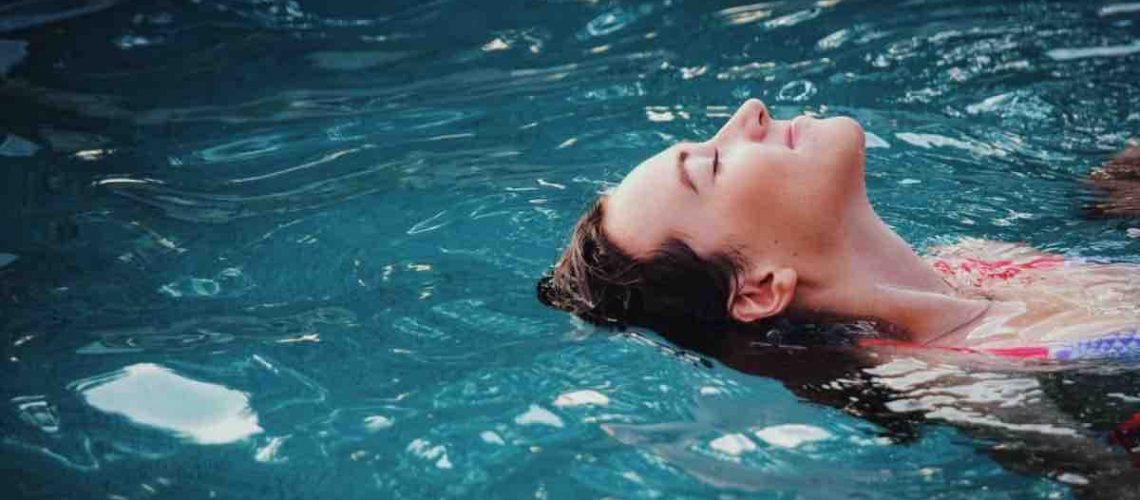Pool Heating Systems
Choosing pool heating systems and which one is best for you.
Everybody loves a refreshing dip in the pool beneath the summer sun. But only a few degrees can make a big difference between refreshing and uncomfortably cold.
While 79 degrees Fahrenheit welcomes most swimmers, a drop to 72 may keep many out of the water. Cloudy days, rainfall, and cool weather can all contribute to the water cooling to uncomfortable temps.
Choosing a good heater will help keep your pool at an optimal temperature year-round. Read on to learn about the pros and cons of five pool heating systems.
1. Pool Heat Pumps
When building a new pool, you must consider everything from custom design to heating the water. Heat pumps use an electric fan to draw in outside air for warming up the water.
Ambient temperatures must remain high for the pump to keep the pool warm with this eco-friendly heating system. This works for both above-ground and inground pools. It can cost a lot upfront, but the maintenance for it is not expensive.
The time needed to heat the water is more vs. natural gas and propane heaters, which we discuss more in detail below.
2. Electric Resistance Heaters
If you want something energy efficient, opt for electrical resistance heaters. According to the Department of Energy, these systems offer 100% energy efficiency by turning all incoming energy into heat.
This makes it an eco-friendly option that will keep your energy costs low. This type of heating system does work slowly and may fall victim to power outages. But easy installation and the lack of special venting requirements make this a top option.
3. Natural Gas and Propane Heaters
Gas pool heaters run on natural gasses or propane and require underground lines. These heaters typically cost less than electric heaters initially to purchase.
Both propane and gas heaters warm the water quickly.
When using these heaters, the pool water will get warmer faster than it will when using a pool heat pump. But at the end of the month when you get your utility or electric bill, using the natural gas and propane heaters will cost you more.
Gas heaters do not last as long as other types, and they leave a bigger carbon footprint than the others.
4. Manual Solar Heaters
Harnessing the power of the sun offers another eco-friendly way to heat your pool water. A manal solar swimming pool heater may passively heat the water through natural convection. Alternatively, it may work through an integral collection.
This requires warm temperatures year-round. Passive systems do not work very efficiently, but they cost much less than their active counterparts.
5. Automatic Solar Heaters
Automatic solar pool heaters utilize a solar-powered pump to heat the water. In warmer climates, you may use an active system that directly circulates domestic water through the system.
If you live where the temperatures drop, an indirect circulation system works better to heat your swimming pool. Automatic solar heaters may cost more to install, but it costs much less, in the long run, to depend on solar power.
Pool Heating Systems Matter
Pool heating systems will make a huge difference in everything from the cost of installation to maintaining it. Systems that cost more initially also tend to warm your pool more efficiently. Only you can decide which factors matter most to you.
Our team of backyard pool specialists is exactly what the name suggests, “Backyard Pool Specialists” We build new pools, remodel existing pools, and provide cleaning and maintenance services. We also build custom water features, fire features, outdoor kitchens, patios and more.
We want you to love every aspect of your backyard. Look through our pool designs to see which best suits your dream and get in touch with BPS, the Backyard Pool Specialists today.



